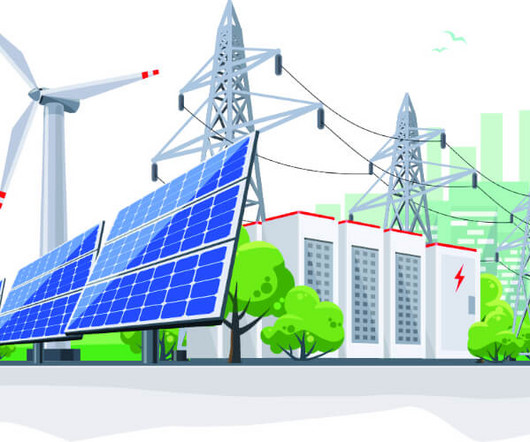Government of Canada releases framework for ending fossil fuel subsidies
Green Car Congress
JULY 30, 2023
The Government of Canada’s commitment to eliminating inefficient fossil fuel subsidies signals both greater support for clean technology as well as emission reductions across the economy from traditional sectors. Canada is also committed to phasing out public financing of the fossil fuel sector.
















Let's personalize your content